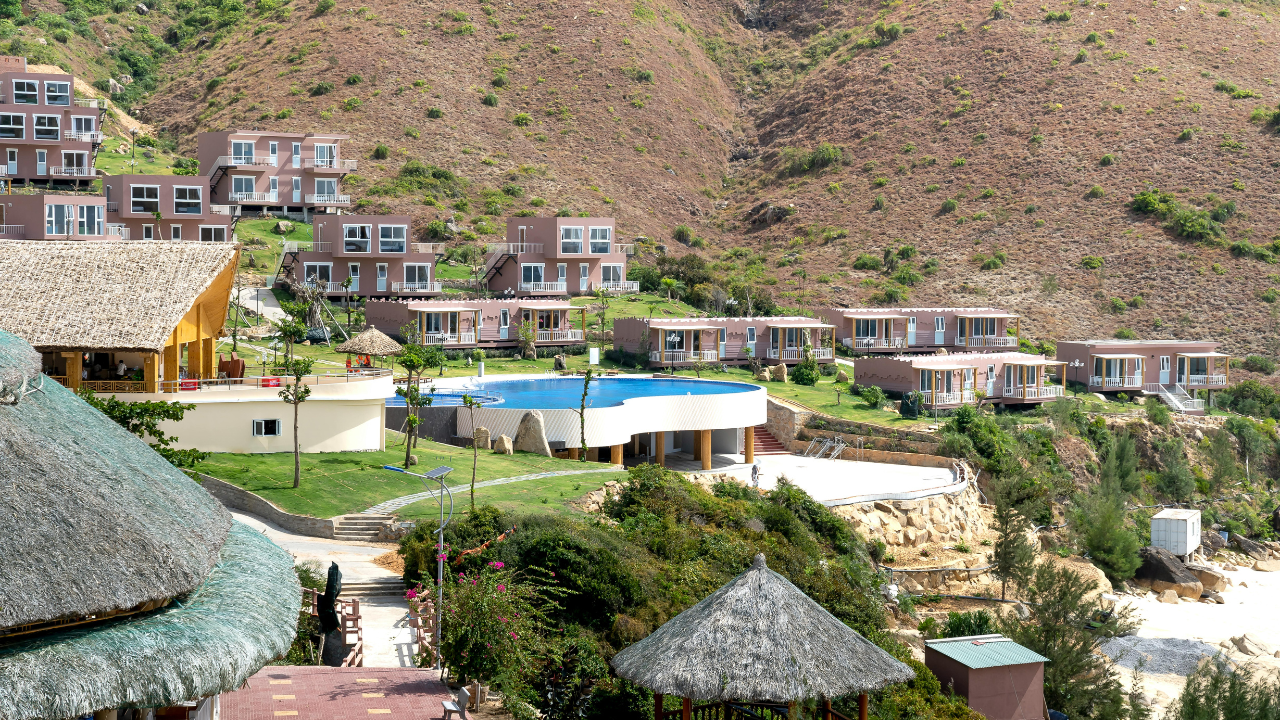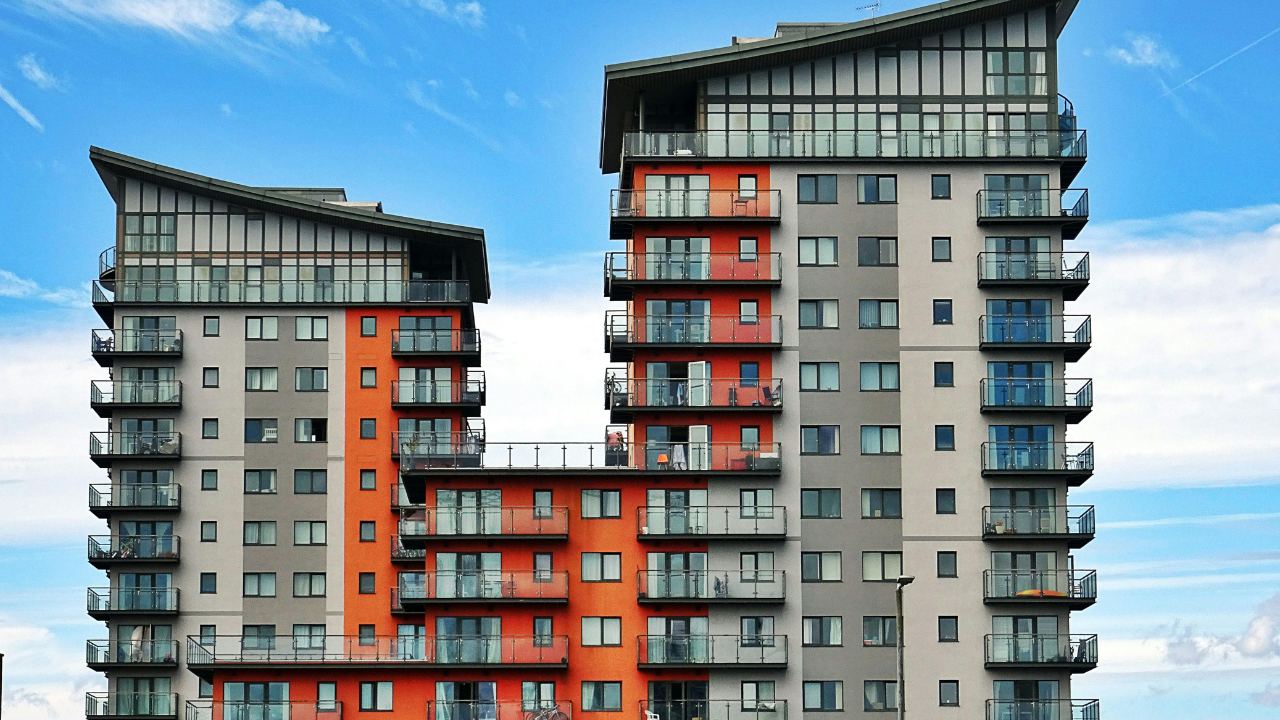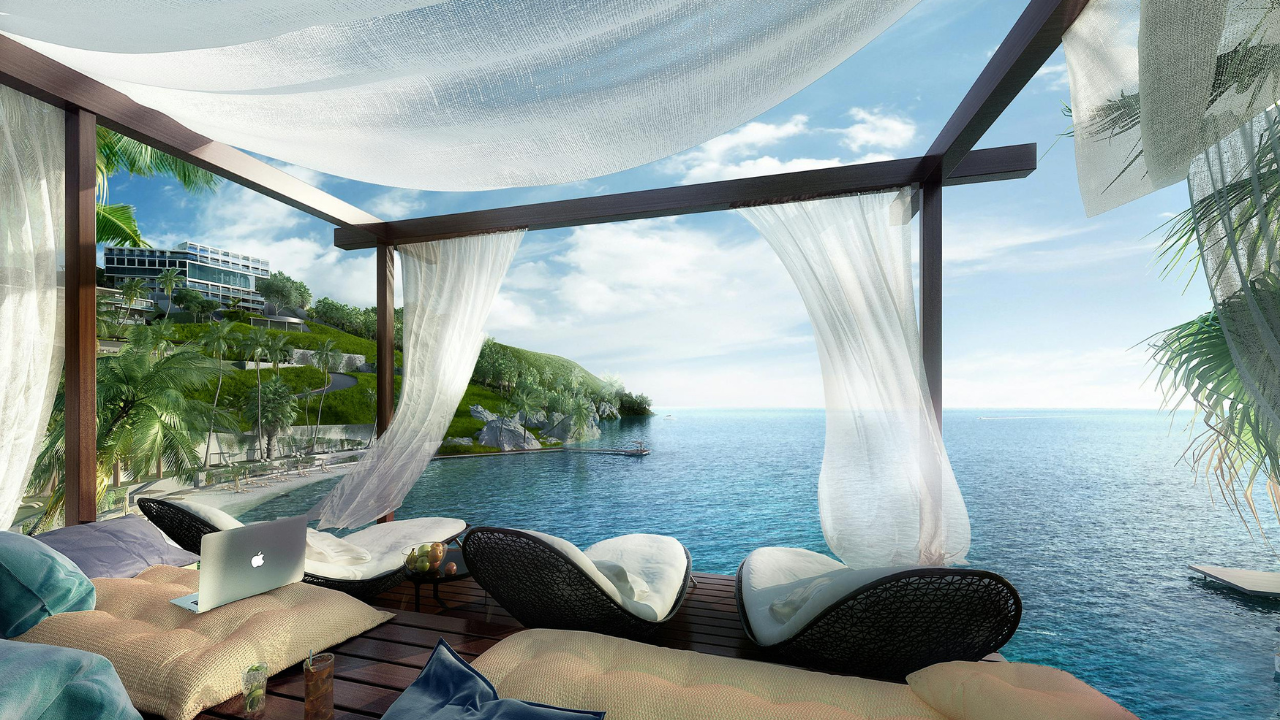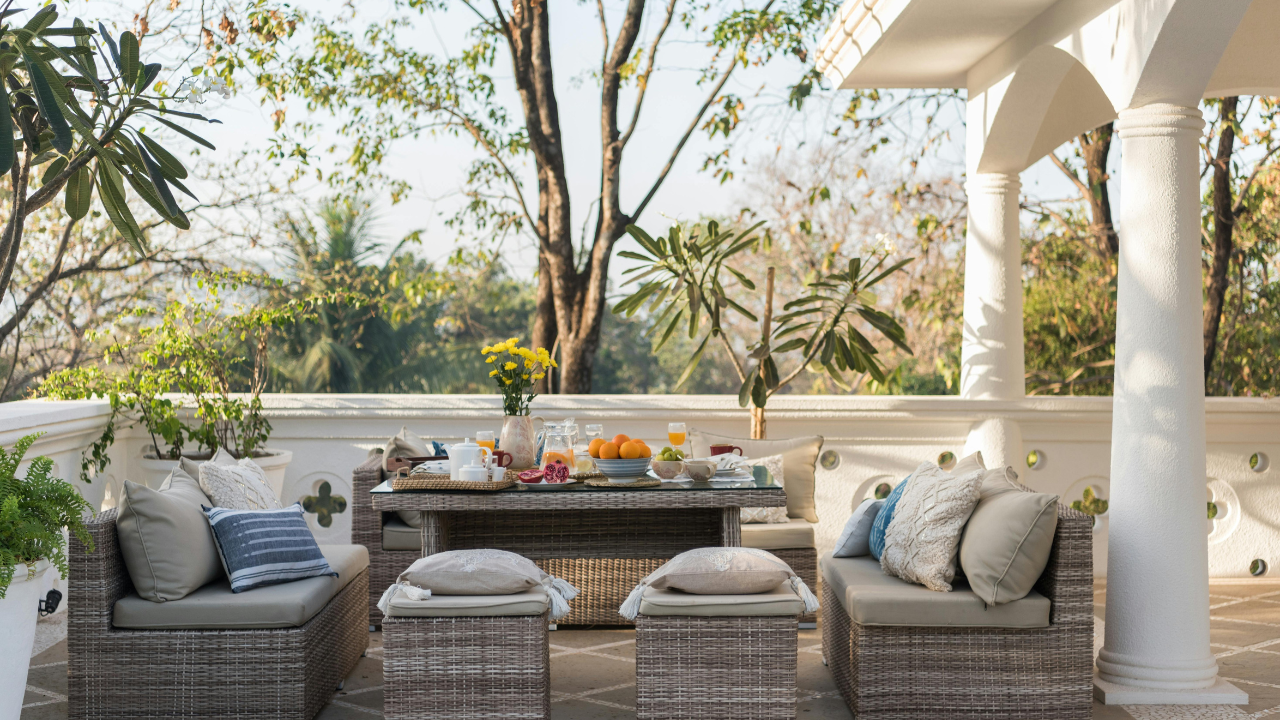CORE PRODUCT
What Are the Different Types of Hotels?
March 7, 2024 Sini. M
Home > Apartments, Bed and Breakfast, Hostel, Hotels, Lodges, Multi-Property > What Are the Different Types of Hotels?
Share this post

Want to know about the different types of hotels? Then you’ve come to the right place, because there is an array of hotels to choose from, including luxury, boutique, resort, budget and more. Luxury hotels boast lavish amenities and top-tier service, while boutique hotels offer a more intimate and personalised experience. The options are endless, and with such a diverse selection, there is something for everyone’s unique taste and preferences. Let’s get into it.
How Do You Classify Hotels?
Hotels are classified based on their location, amenities, and target audience. Resort hotels are typically situated in beautiful locations and offer many activities and amenities for their guests. On the other hand, budget hotels are more affordable and provide basic amenities for travelers on a tight budget. Certain hotels cater to business travellers, families, couples, and solo travellers. Business hotels are generally located in the city centre and provide meeting rooms, conference rooms, and high-speed internet access.
Let’s look at more common classifications of hotels:
Star rating
The star rating system is commonly used to help guests gauge the level of service they can expect to receive at a hotel. A five-star grand luxe hotel is typically considered a luxury establishment, offering top-notch services such as celebrity chef restaurants and elaborate breakfast buffets. These hotels usually cater to an upscale target audience that seeks extra services, such as valet and room service, and they provide top-of-the-line amenities.
On the other hand, two- to three-star hotels are more mid-range, appealing to a wider target market, but with no guarantees on service level. The service is typically standard, offering the minimum, but not going that extra mile of a five-star hotel. One-to-two-star hotels are designed to meet guests’ most basic needs, such as a clean and reasonably priced place to sleep, and are aimed at the most price-sensitive travellers.
Ownership
Ownership is a significant way to classify hotels, as the services provided by an independent hotel differ from those offered by a hotel chain. Hotel chains promise consistent standardised services across all their locations worldwide, attracting those who prefer a standard hotel experience and value reliability, trust, and loyalty.
In contrast, independently owned hotels focus on offering a more personalised, friendly approach to service, often going above and beyond to differentiate themselves from the competition by providing unique amenities and personalised hospitality. As independent hotels are typically one-of-a-kind facilities, they have the freedom to adapt their services to meet the demands and needs of their guests without any constraints from larger corporate owners.
💡Raccoon hint: A nifty tool that you can use to identify your competition as an independent hotel, while outsmarting them when it comes to your rates is the CompSet Dashboard. And the type of hotel you operate will highly determine your hotel’s competitive set (CompSet), including star rating and amenities provided.
Apart-hotels
An aparthotel is a unique combination of an apartment and a hotel. It provides a limited number of apartments to guests who plan to stay for a longer period. These apartments are more spacious and equipped with multiple bedrooms, a kitchen, and a laundry machine. They offer all the comfort of an apartment while providing hotel services. Additionally, apart-hotels usually have partnerships with local restaurants, gyms, and businesses, offering guests discounts and deals for even more savings and guest experience.
Bed and Breakfast
Bed and breakfasts have a rich history of offering guests a personalised and relaxed experience in small guest houses with five or six rooms. The owner typically lives on-site, providing a warm and hospitable environment. Guests can expect a delicious home-cooked breakfast and a truly personable experience. In recent years, the term has expanded to include Airbnb accommodations, but the charm and character of the traditional bed and breakfast still remain. With a focus on personalised service and a welcoming atmosphere, a bed and breakfast is the perfect choice for anyone seeking a unique and unforgettable stay.
📝Your Raccoon has a question: What’s the opposite of a boutique hotel?
Answer: Keep on reading
Motels
The 1920s introduced a new term that revolutionised the hospitality industry in the US — motel. The fusion of ‘hotel’ and ‘motor’ created an affordable and convenient lodging option for travellers enduring long road trips. These establishments, often located along highways, offer basic amenities and unique room layouts that set them apart from traditional hotels. Typically one to two floors high, motels provide easy exterior access to their rooms. As a hotelier, expanding into the motel business can be a lucrative opportunity, especially with RoomRaccoon’s motel management software. It’s essential to understand road trip travellers’ specific preferences and expectations to cater to their needs successfully, as providing a warm and welcoming environment can create a positive impression and cultivate customer loyalty.
Hostels
Hostels are a popular lodging option for budget-conscious travellers. Generally, they offer dorm-style sleeping arrangements and cater to certain types of travellers such as students and young people on short-term trips. In addition to providing affordable accommodation, many hostels also offer events, tours, and group activities to help guests connect with fellow sight-seekers and make new friends, making them a great choice for solo travellers or remote workers looking to explore a new place.
Inns
For centuries, inns have been a welcoming home away from home for travellers. Starting as simple shelters, they have now evolved into sophisticated establishments that cater to a variety of needs. Similar to motels, inns can be found on the side of roads or in towns and cities, providing a much-needed break for tired travellers.
With modern times come an array of inns, each with its unique style and services. Some resemble traditional taverns, offering cosy rooms for rent, while others are more like small hotels or bed and breakfasts. Regardless of the type of inn, you can expect comfortable accommodations, delicious meals, and sometimes extra perks like laundry facilities, Wi-Fi, and recreational activities.
Answer: Chain hotel or multi-property hotels
Multi-property hotels
As the name suggests, this is a hotel brand or company that owns or manages multiple hotels across different locations. These hotels can vary in size, style, and target market but are all operated under the same brand or management group. Multi-property hotels offer benefits for both hoteliers and guests. For the hotel company, having multiple properties allows for economies of scale in operations, marketing, and management.
It also enables the brand to cater to different market segments and geographical areas, which means diversifying its revenue streams through upselling and mitigating risks associated with managing just one property (something about the proverbial eggs in different baskets).
For your guests, staying at a multi-property hotel brand can provide consistency in quality, service, and loyalty rewards across different locations. They may also benefit from perks such as loyalty program points that can be earned and redeemed at any of the brand’s properties.
Lodges
A lodge is a charming and rustic type of accommodation typically found in rural or wilderness areas, which offers a serene escape into nature. It is often situated amidst forests, mountains, or other natural wonders and boasts architecture that blends harmoniously with its environment, featuring materials like wood and stone.
Lodges offer a variety of accommodations, ranging from individual cabins to larger lodge buildings, all providing cosy amenities such as beds, bathrooms, and sometimes luxurious additions like hot tubs or gourmet dining. Moreover, lodges offer access to many outdoor activities, including hiking, wildlife viewing, skiing, and snowboarding. While providing a secluded retreat, lodges also extend hospitality services such as housekeeping and concierge assistance, ensuring guests enjoy a comfortable and memorable stay amidst the tranquility of nature. Improve the operations of your lodge with RoomRaccoon’s all-in-one lodge management solution.
Give Your Guests What They Want
Different types of hotels cater to the varying needs and preferences of travelers. For example, a motel is designed to appeal to travellers who need an affordable place to stay just for the night. On the other hand, an all-inclusive resort is perfect for vacationers who want to experience everything a specific destination offers. To attract the right guests, it’s important to understand the various categories of hotels, including their target audience, star rating, ownership, and size. When developing your marketing strategy, remember the guest journey and pay attention to every detail along the way. This will ensure high levels of guest satisfaction and repeat business.
Follow us
Sini. M
Sini is an accomplished Content Manager at RoomRaccoon. As an agency-hailed talent, her work brings a fresh creative flair to the world of SaaS. And she brings her very own brand of sass to the SaaS world. While not on the clock, Sini enjoys a glass of fine wine, and well, her privacy.
Related Posts
Subscribe to our newsletter for more on the latest hospitality & RoomRaccoon updates delivered straight to your inbox!








